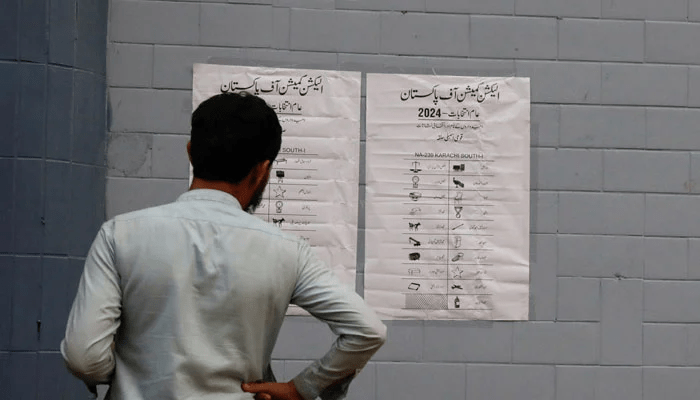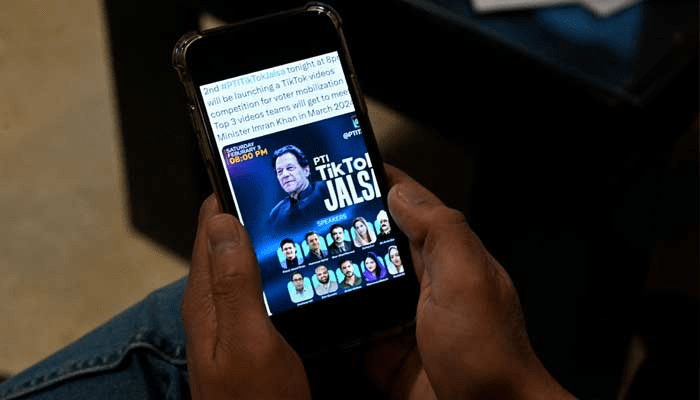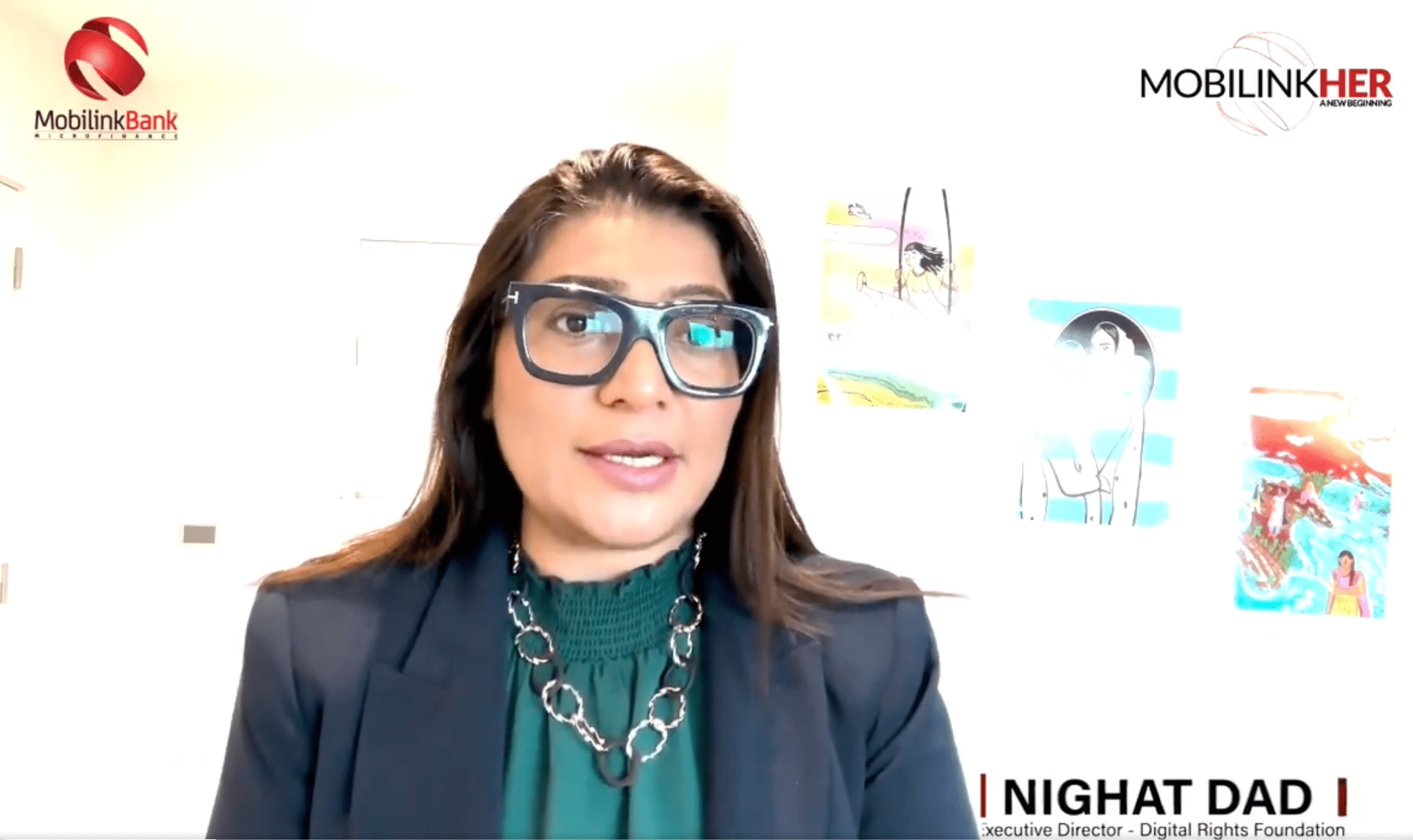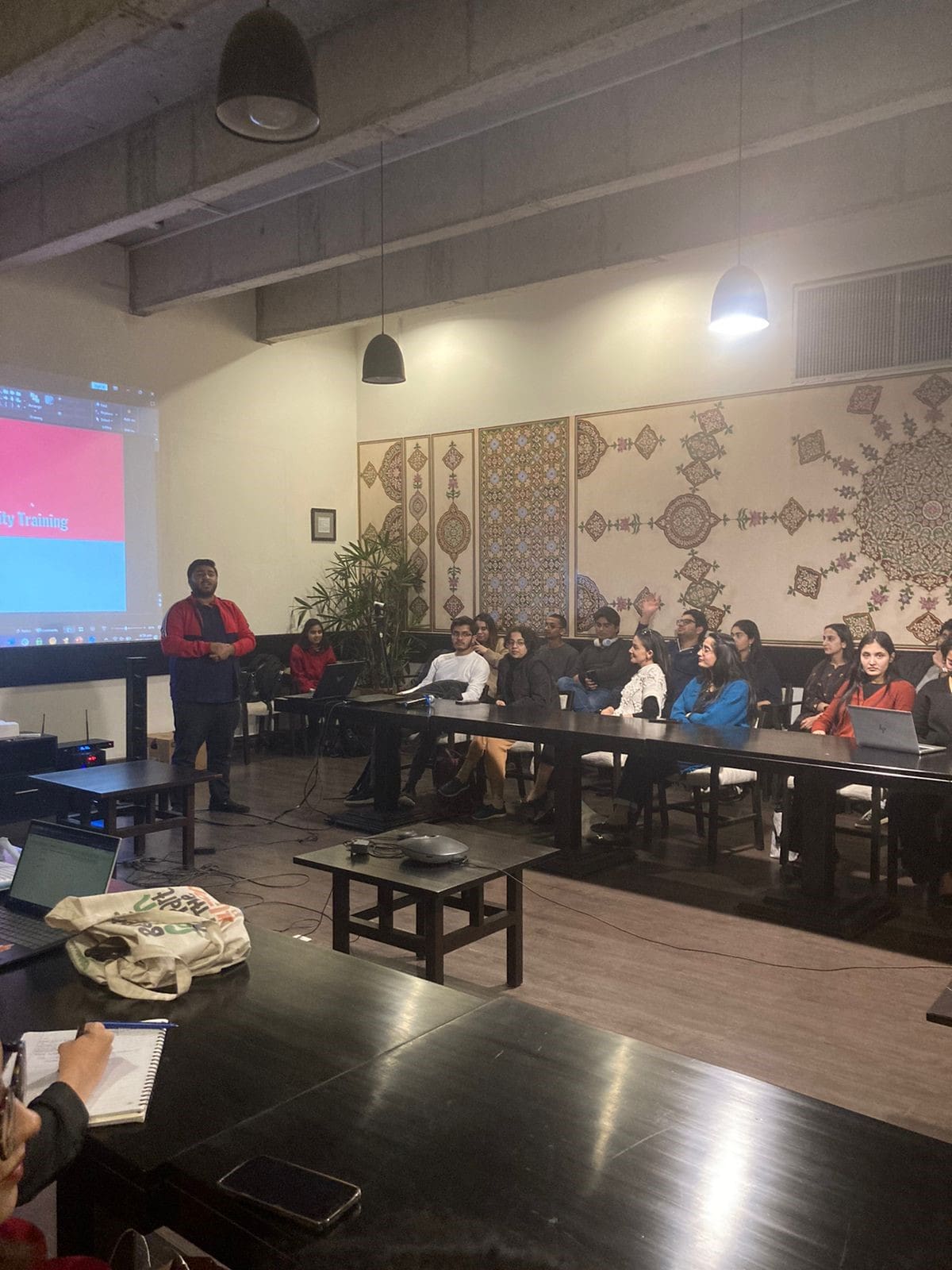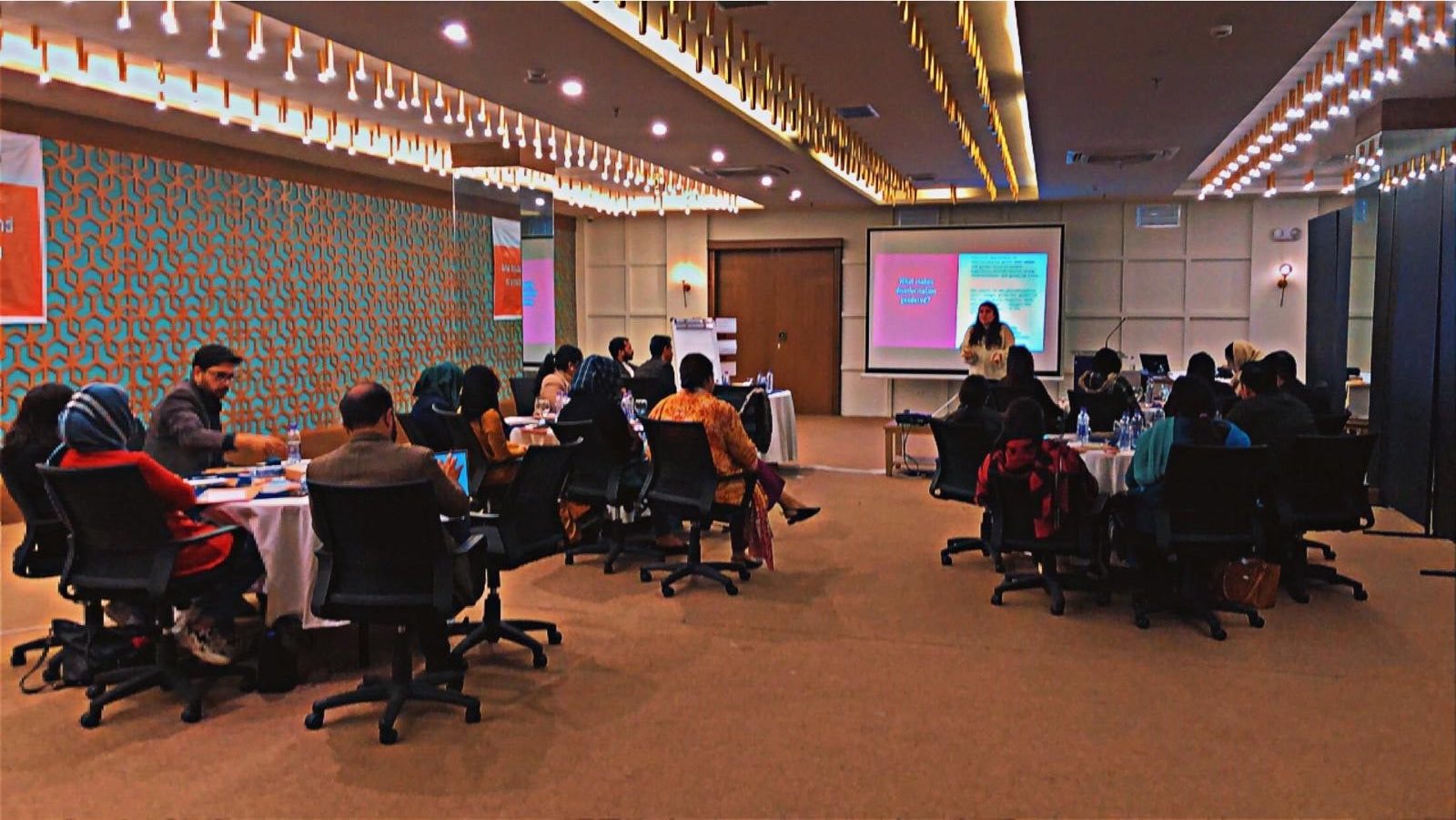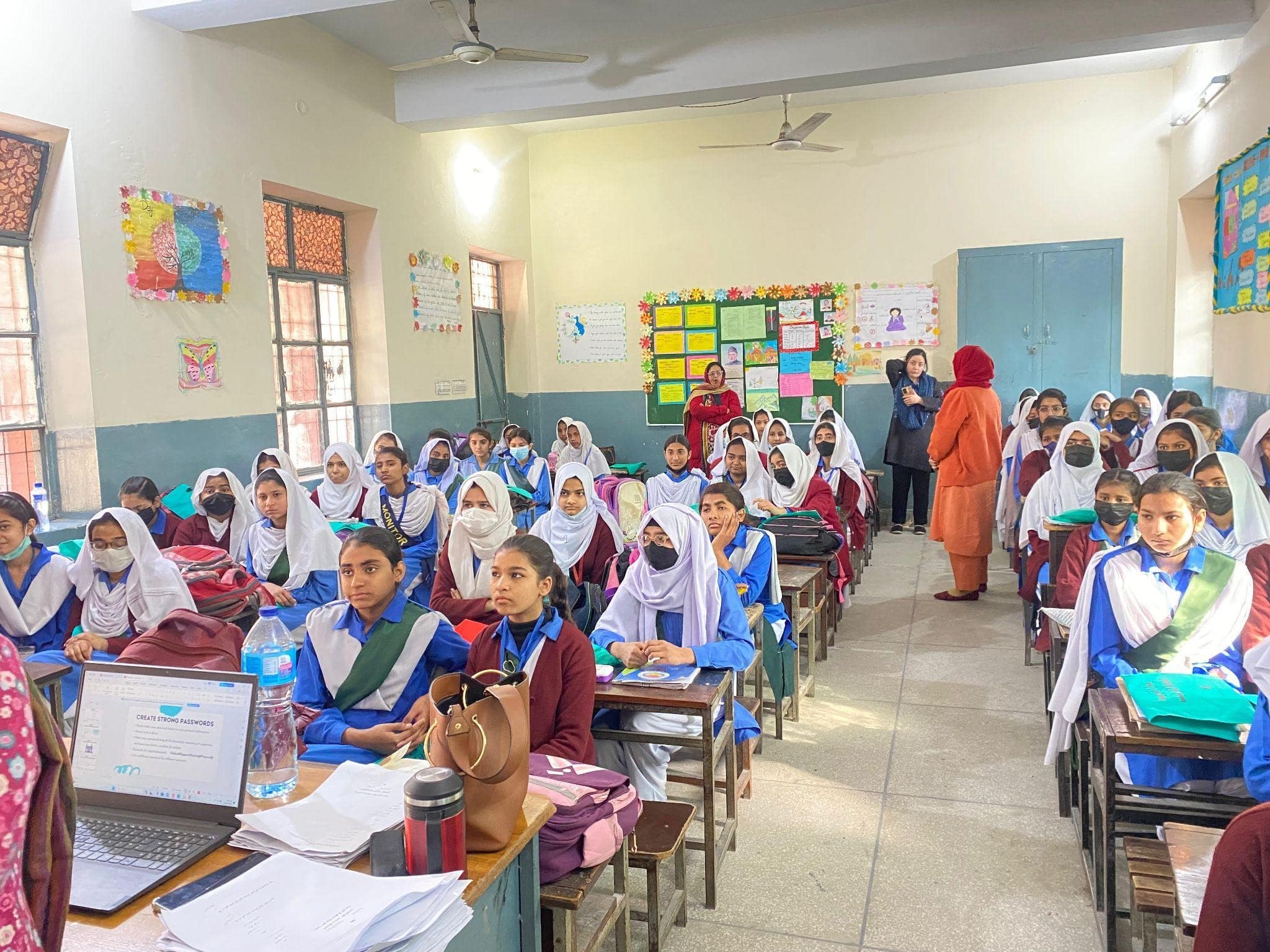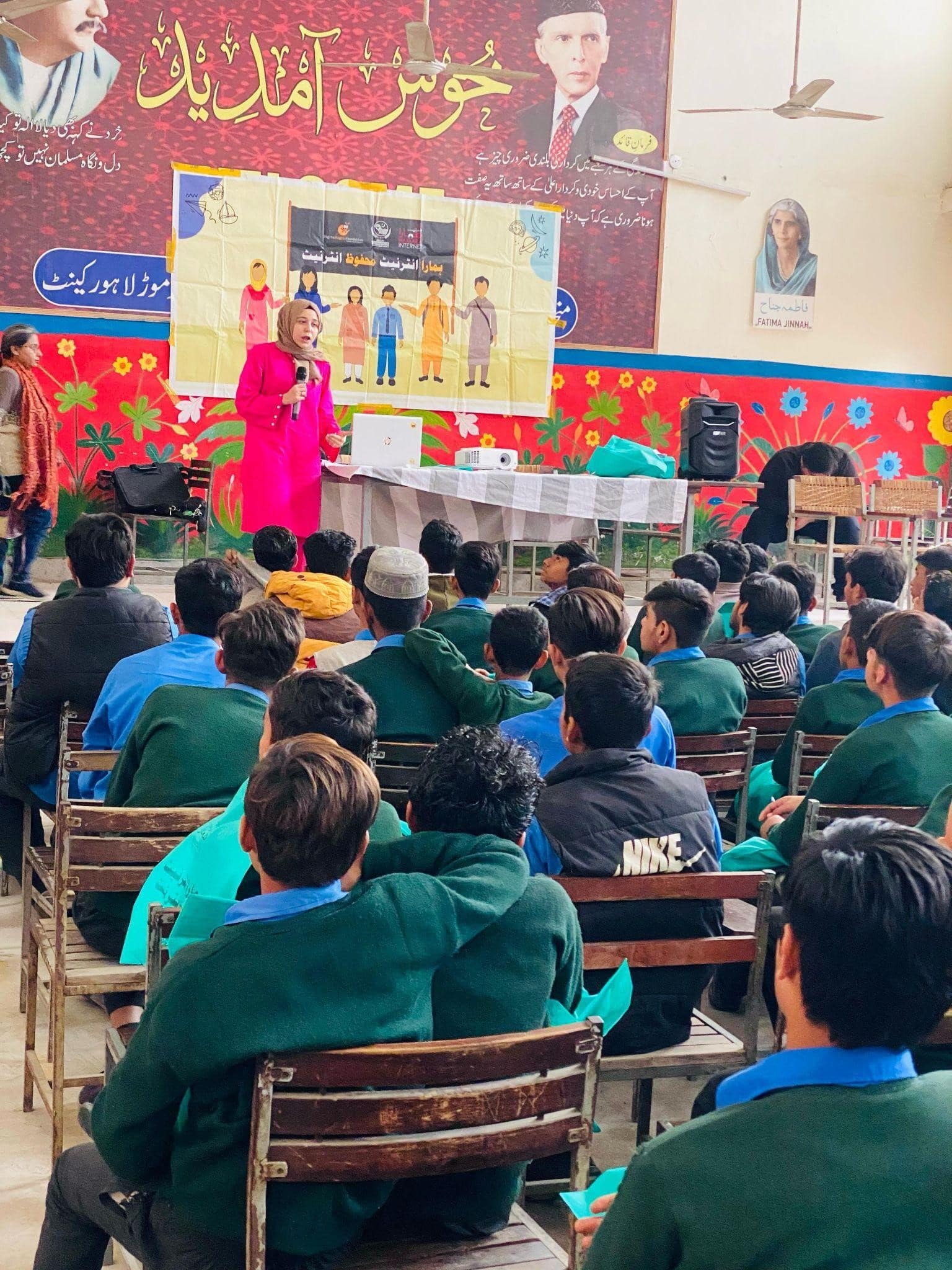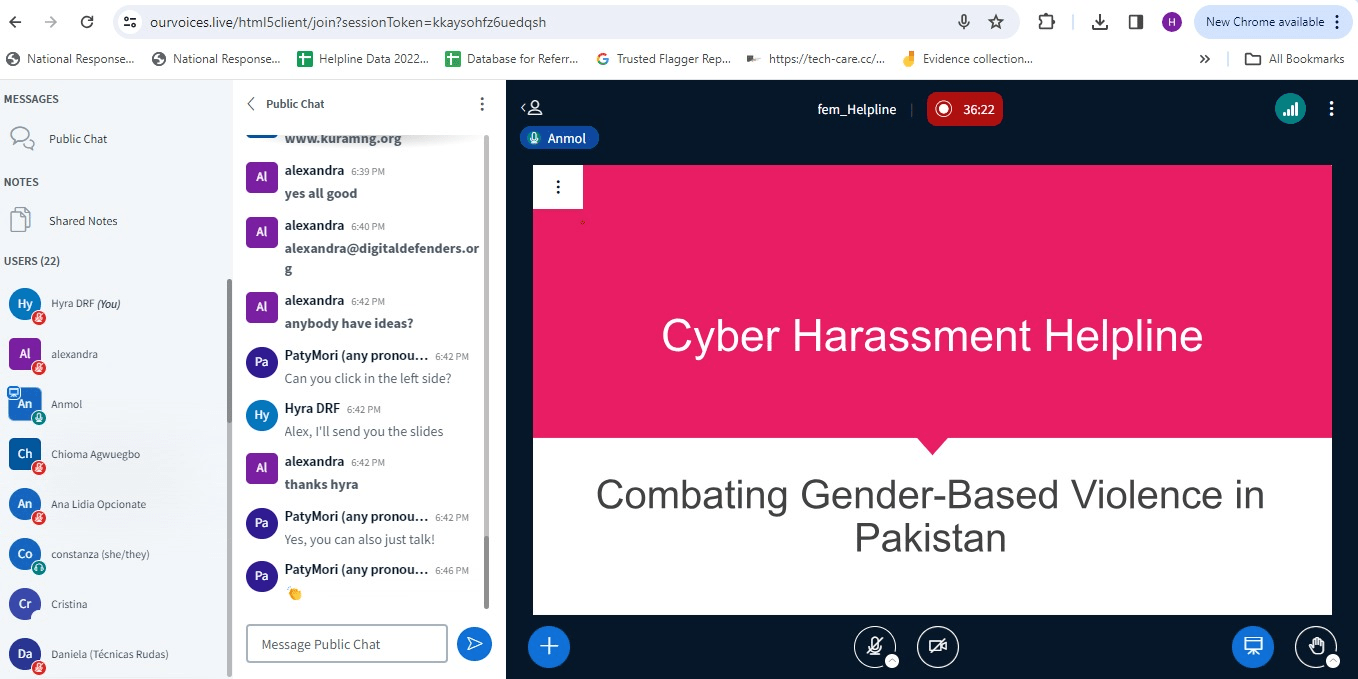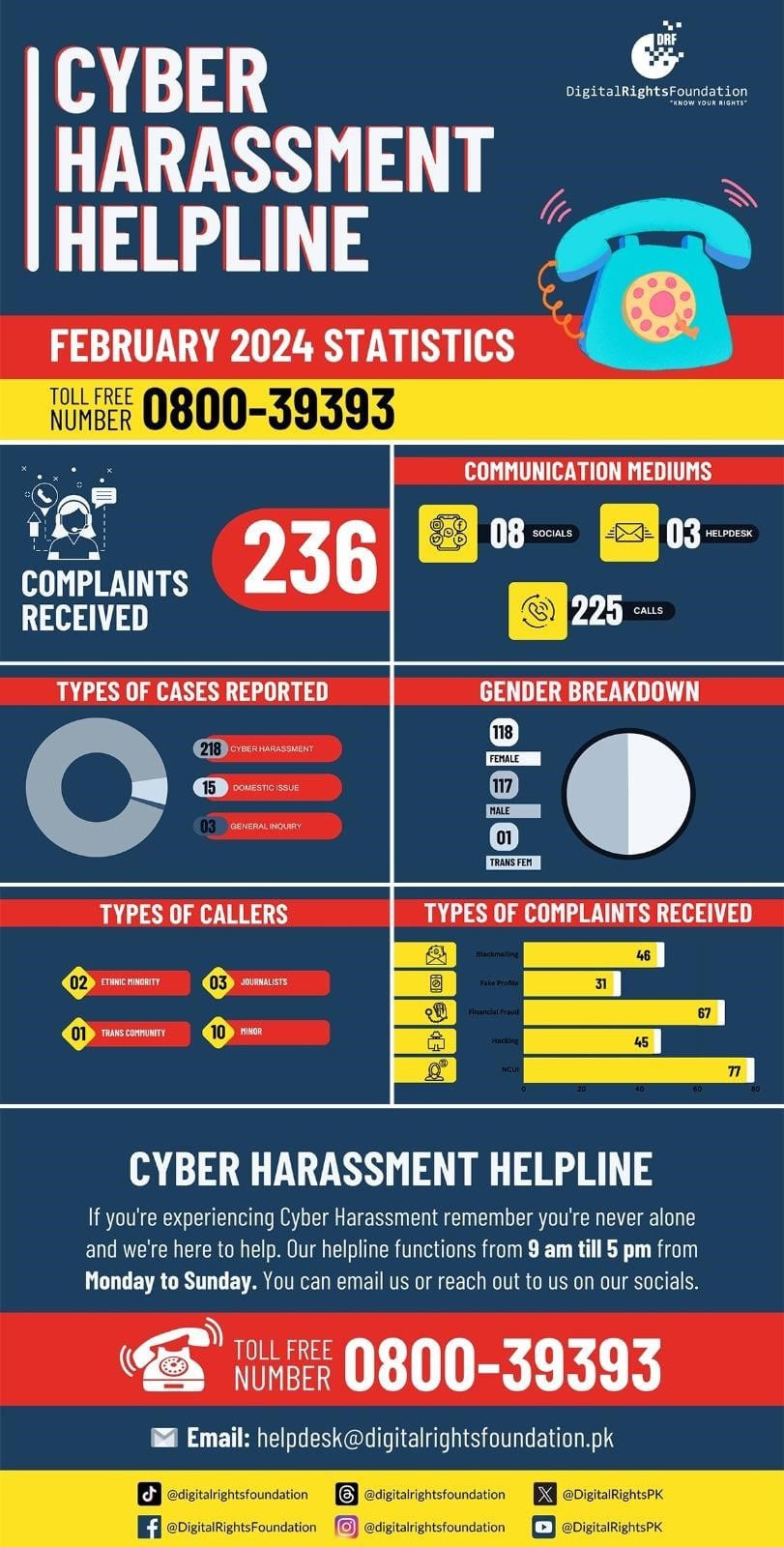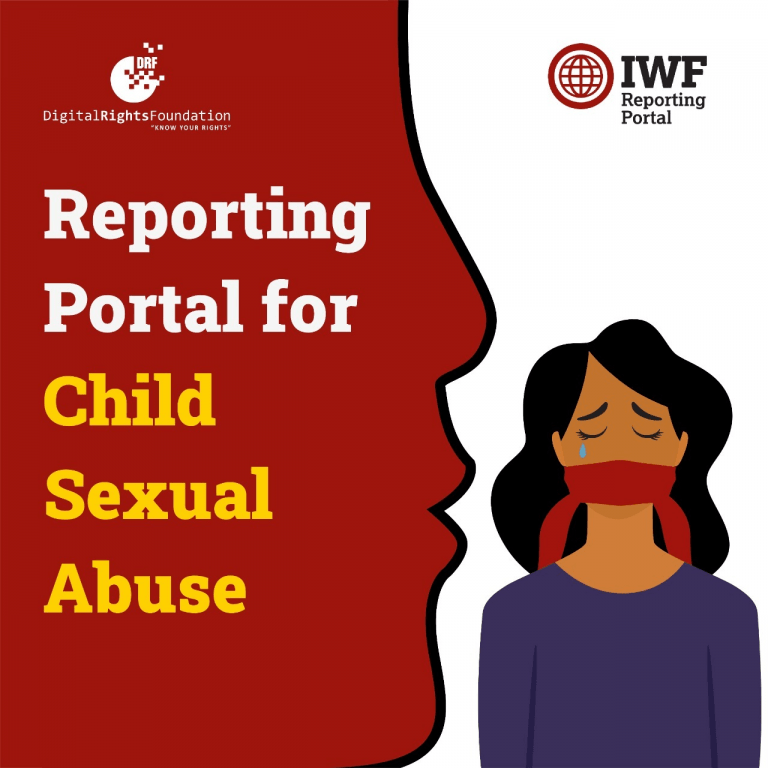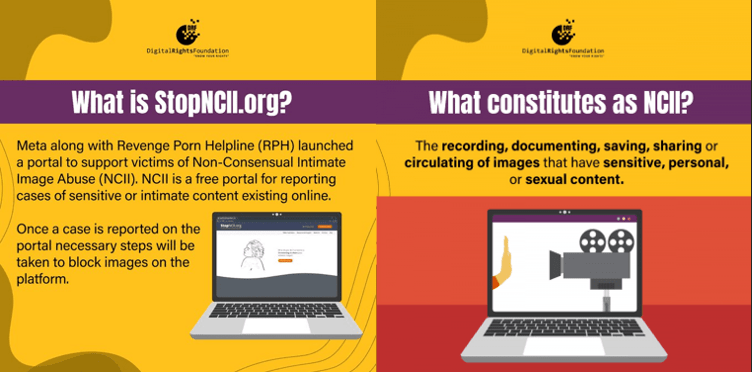March 20, 2024 - Comments Off on Digital rights foundation public comment on oversight board case: politician’s comments on demographic changes
Digital rights foundation public comment on oversight board case: politician’s comments on demographic changes
Submission Author: Abdullah b. Tariq Submission Date(s): 12 December 2023
The case is about a French politician, Zemmour, providing a commentary on French demographic changes. The post was shared on Eric Zemmour’s Facebook page by his administrator, in which during an interview Zemmour passed remarks on demographic changes and shift in power balance in Europe, further going on to say that this change in demography has led to Africa colonizing Europe. Zemmour in the past has crossed paths with the European justice system, where he was criticized for “inciting discrimination and religious hatred” in France. On a careful analysis of the current political discourse in Europe and the case's contents, we conclude that the case violates Meta’s hate speech policy under the TIER 3 categorization. The comment not only talks about the immigration policies but also about a broader generalization of Africans in Europe. The post echoes “The Great Replacement”(Le Grand Remplacement) theory. The idea propagated by French author Renaud Camus, promotes violence and hatred by framing the presence of non-white populations, particularly from Muslim-majority countries, as a threat to the ethnic French and white European populations. While Camus publicly condemns white nationalist violence, scholars argue that “implicit calls to violence” are present in his depiction of non-white migrants “as an existential threat”. The theory has been linked to several far-right terrorist acts, including the Christchurch mosque shootings and the El Paso shooting. The theory found support in Europe and has grown popular among anti-migrant and white nationalist movements, with its broader appeal attributed to simple catch-all slogans. More so than a commentary on immigration policies, the post furthers an existing civil division. Thus, it would be fair to categorize the post's contents in TIER 3 of hate speech. Moreover, the post also includes traces of misinformation and misleading content, which also falls under Meta’s content moderation policy on misinformation.
When provided with contextual information, the statement in question befits the broader conspiracy dialogue in France regarding the Great Replacement. Zemmour has vigorously defended “The Great Replacement”(Le Grand Remplacement) conspiracy. The concept, echoed by the far-right groups in Europe, elucidates that the white population of Europe is being demographically replaced. The sentence “...there are four Africans for one European and Africa colonizes Europe…” tries to induce the elements of segregation and dissent against the wider African diaspora within Europe. Moreover, this ideology has previously been used as the justification by white supremacists to carry out mass shootings in the US and New Zealand – bringing attention to the global relevance and repercussions of such a narrative. Not to mention, that the argument used to infer this claim is equally misleading. Using the correlation of demographics to infer the causation of colonization is a misleading argument and fuels conspiracy amongst the general populace. Additionally, using the term colonization induces a power hierarchy among the demographic segments, which does not exist in the context the Politician is framing it.
Zemmour’s comment, although generally highlighting the demographic analysis of two separate periods of two separate continents, the addition of “...Africa colonizes Europe…” creates a false correlation between demography and colonization. In that context, Zemmour is using false information to target a race and nationality – which goes directly against Meta’s policy against misinformation and hate speech on its platform. Such misinformation poses a danger to European democracies, as intimidation and manipulative narratives further jeopardize the broader political discourse on immigration policies and democratic elections in Europe.
Such conspiracies not only otherize a whole population segment but also induce hate and fear among the white European population. The statement “...Africa colonizes Europe…” serves as an identifier where Zemmour insinuates that African immigrants living in Europe are the colonizers. Creating a distinction of European citizens from European Citizens of African descent is highly exclusionary and discriminatory based on race and nationality. Moreover, such extreme claims about reverse colonization because of demographic changes take attention away from arguments that are of legitimate concern for most of Europe in current times. Commentary and criticism of immigration policies are healthy discussion topics that should not be restricted in our digital spaces. However, developing well-informed policies becomes a target of manipulated truth when this discourse enters the realm of conspiracies and misinformation. In that instance, it is equally essential to ensure that the wider population, especially protected groups, is kept safe in offline and online spaces. Meta needs to ensure, especially through election periods, that the bogus and conspiratorial claims are identified and marked on their platforms. Until the platform figures out a way to efficiently and effectively include detailed contextual embeddings within their algorithms, there needs to be increased human review of such reports. There are limited laws against the involvement of AI in online political discourses; therefore, as a multi-billion-user company, the responsibility falls on Meta to do its part in ensuring the minimal impact of such automated models on human discourse development.
Zemmour’s comment on demographic changes can not be viewed in isolation, considering his influence on the political discourse in France. The claim of a shift in power and explicit mention of the word “Africans'' targets and alienates the non-white population of Europe. The contextual underpinnings of general anti-migrant discourse in Europe and a lack of non-white voices hint towards the more significant issue of discrimination against groups falling within the protected characteristics. In such an environment, Meta must ensure their platform does not feed into discriminatory practices. Politicians worldwide have massive followings in online spaces and utilize these platforms to address a more comprehensive voting class. However, their followers are primarily the members of society who are already in alignment with the politicians’ political ideologies – as made evident through the response to Eric Zemmour’s post. This creates an echo chamber within the platform where the ideologies propagate and expand without much resistance. A lack of accountability in such situations could birth hostile and harmful narratives. Therefore, it is paramount that Meta ensures much more careful monitoring of what is being propagated in these echo chambers. Although identifying and removing hateful content online is essential, it is equally, if not more important, to evaluate the impact of such content. There should be higher sensitivity in the content moderation policies when evaluating content with a higher influence on the general public.
The case’s contextual review shows how the post discriminates against a protected group through misleading, fear-mongering narratives and exclusion. The alienation of a non-white demographic segment through Zemmour’s comments exacerbates the ongoing discourse around migration laws. In such situations, Meta needs to ensure that it can identify and differentiate between political commentary and targeting of specific segments of the society (“Africans”) through misinformation and hate speech. Meta in its hate speech policy allows for “commentary and criticism of immigration policies”; however, this exception does not apply to this case. Conspiracy theories and discriminatory speech falls under the the categorization of hate speech; thus a spade should be called a spade and dealt as such. Providing safe spaces for conspiracies and hateful narratives to grow under the guise of political commentary could have a detrimental impact on the democratic values of European people, as well as discriminate and further create a divide among the civilian population. Thus, a more rigorous understanding of the context within different echo chambers and political spheres should be developed by the reviewers of such claims. On such a basis, TIER 3 of Meta’s hate speech policy should take into account the repercussions of specific comments on immigration policies and how they promote segregation and exclusion of protected groups.














